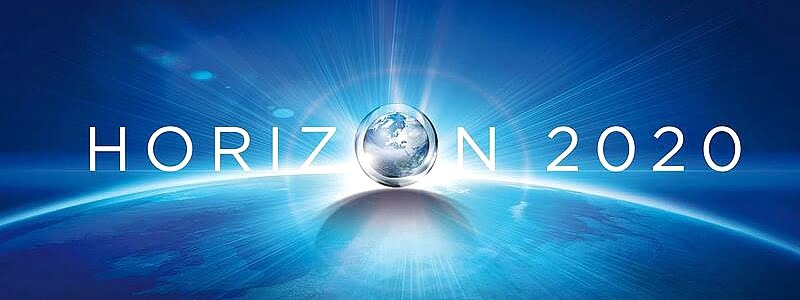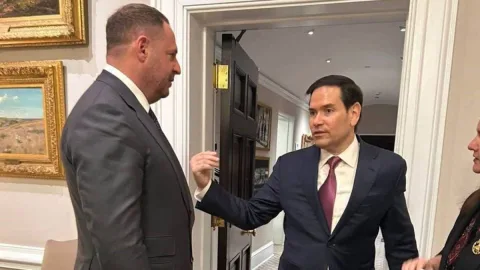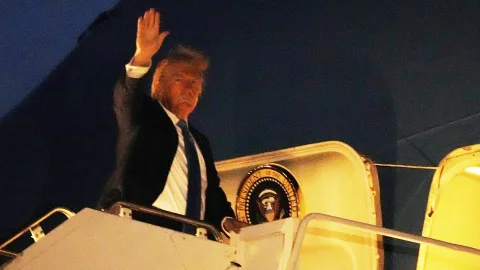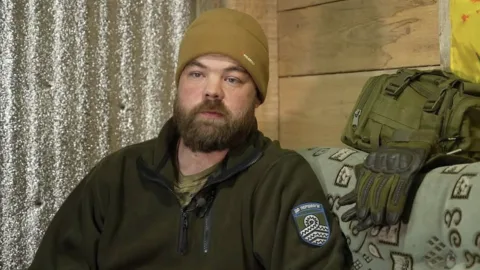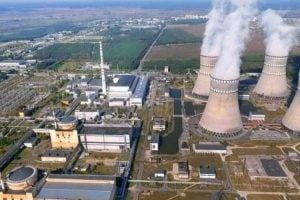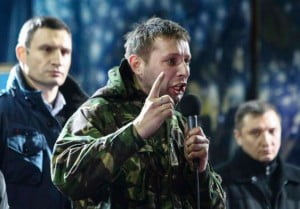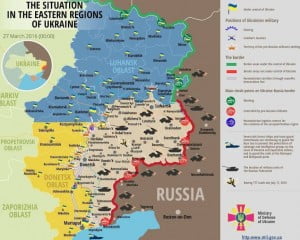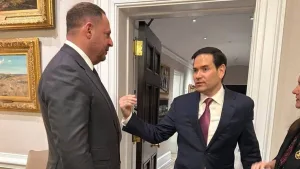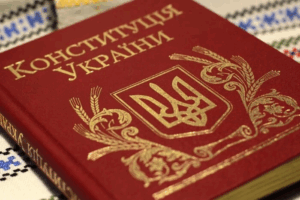[vc_row][vc_column][vc_column_text]”Participating in the program ‘Horizon 2020‘ provides great opportunities by making available the financial resources which Ukrainian scientists have never had”.
Kyiv – The fields of education and science in Ukraine have entered the euro integration process much quicker than many other fields. Today more than a hundred Ukrainian universities and science teams are included in the European educational and scientific research programs. Students are developing projects as part of the European educational program “Erasmus,” while teachers and scientists are exploring the program “Horizon 2020” which has opened its doors to Ukrainian scientists in August, 2015.
With the signing of the Association Agreement between Ukraine and the EU last year, European science is offering Ukrainian students, researchers, and scientists opportunities to participate in joint intellectual endeavors. The Ukrainians are responding with great enthusiasm, all the more because no costs will be incurred for the Ukrainians. What’s more, Ukrainian students are now able to receive scholarships to study at European universities.
There are many stories in the media about the successes Ukrainians have gained in European science and education. For example, groups from 32 universities in Ukraine and their partners in the EU won a grant of more than eight million euros to conduct research on what problems the Europeans are encountering in developing higher education within Europe. In another example, seven Ukrainian universities together with seven technical colleges in Spain have launched a unique project on “Collaboration between universities and business within the gaming industry in Ukraine” (having to do with the development, production, marketing, and distribution if computer games).
Both projects are being carried out under the auspices of “Erasmus” which is now open to students and scholars from Ukraine. As indicated by Liubov Shchitka, the “Erasmus” representative in Ukraine, the program is multi-faceted. For students there are opportunities to get short term training after the completion of which an appropriate degree in one of the European universities is conferred. Thus, at the Master’s level, up to a hundred students could attend European universities each year. “Erasmus+” is a broad program for cooperation between universities with a budget of almost 15 billion euros, according to the spokeswoman.
She added that through cooperation with educational and research teams the “Erasmus Mundus” component within the “Erasmus” program is seeking to “improve mobility” among the students, teachers and scholars of European universities and the universities of other countries.
Last year (2014-2015) close to thirty students received scholarships from “Erasmus Mundus” to study at European universities. Maria Baranova, a native of Kyiv and a student of international law as it applies to veterinary medicine and animal protection, was one such scholarship recipient.
– How does it all work in practice?
“At the university we studied the relevant international standards, but it was important to go and see how it all works in practice,” Maria said. “First all the necessary material must be learned and then what has been learned must be adapted to our own environment.”
The situation involving Ukrainian-European research projects is somewhat different. Here things are more individualized – a specific scientist or a research team becomes involved in the project. Presently opportunities for Ukrainian science in the EU have grown with the launch, last year, of the EU Research and Innovation initiative, known as “Horizon 2020.”
What opportunities will be available for Ukrainian science with the launch of “Horizon 2020”?
This program is slated to run until 2020 and has a budget of around 80 billion euros. The program is divided into three sections: cutting edge science, industrial leadership, and social challenges. According to the European Commission, the objectives of “Horizon 2020” are to strengthen European competitiveness on the global level, to contribute to the economic growth of the EU, to create jobs, and to raise the professional level of its workers. “Horizon” is a unique financial instrument for the implementation of these ambitious objectives.
“The EU and Ukraine hope to be reliable and responsible partners. For Ukrainian scientists the signing of the agreement signifies admission to participate in joint projects with scientists from the EU and other countries,” Jan Tombinsky, the EU representative in Ukraine, said.
The “Horizon 2020” program is the first European program in which Ukraine has become an official participant.
We now have access to financial resources which Ukrainian scientists have never had before.
“This program, with an unprecedented budget of 80 billion euros offers grants to scientists, and now Ukraine has the same rights as other EU participating countries to compete for the grants. Understandably this is huge for Ukraine,” noted Maksym Strikha [Deputy Minister, Education and Science]. Strikha believes that the fact that Ukrainian scientists will be involved in “Horizon 2020” the field of science in Ukraine will by default be forced to reform from a conservative mode of operations to a contemporary one.
By participating in the European programs scientists from Ukraine hope to catch up and to progress in their fields of expertise. It is important to keep in mind that Russia has actually stolen dozens of Ukrainian research institutions including all their equipment, that are based in the Crimea.[/vc_column_text][vc_column_text]EMPR, O. R. contributed to this publication
Original article in Ukrainian is available on radiosvoboda.org[/vc_column_text][vc_column_text]
[/vc_column_text][/vc_column][/vc_row]

